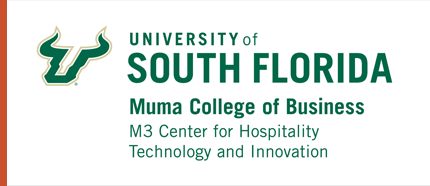Abstract
The tourism industry is a complex network of millions of suppliers and consumers who trade experiences and services. The traditional tourism model revolves around increasing the number of visitors to ensure economic return. The conventional tourism models often ignore the real cost of the travel industry’s health and the cost per tourist. Covid-19 has shown us the extent to which the travel industry can be affected. The tourism and hospitality industries is the worst affected industries globally and the continuous waves of the virus, and new variants, are forcing governments to impose strict lockdowns. Misinformation and disinformation are making it harder for governments to implement strategies to contain the virus. This paper argues that the world needs a positive psychology movement to ensure a deeper understanding of the tourism industry and its impacts on destinations and hosts, both in the short-term and the long-term. The decisions made regarding destination development and the tourists need to be mindful to reduce tourism’s adverse effects. Conscious travel habits and positive psychology can be seen in the emerging concept of regenerative tourism. The idea has some challenges, but it offers a holistic approach to make destinations more adaptable, creative and resilient, and ensures improved wellbeing and improves conscious level. Simultaneously, the concept provides a foundation to mindful decisions made by travellers which creates awareness about how, when and where to travel. Three scenarios are discussed based on the human conscious levels advocated by Sigmund Freud’s iceberg analogy and Abraham Maslow’s hierarchy of needs.
Recommended Citation
Hussain, Asif
(2021)
"A Future of Tourism Industry: Conscious Travel, Destination Recovery And Regenerative Tourism,"
Journal of Sustainability and Resilience: Vol. 1
:
Iss.
1
, Article 5.
Available at:
https://digitalcommons.usf.edu/jsr/vol1/iss1/5
Included in
Human Geography Commons, Indigenous Studies Commons, Strategic Management Policy Commons, Tourism Commons, Tourism and Travel Commons

